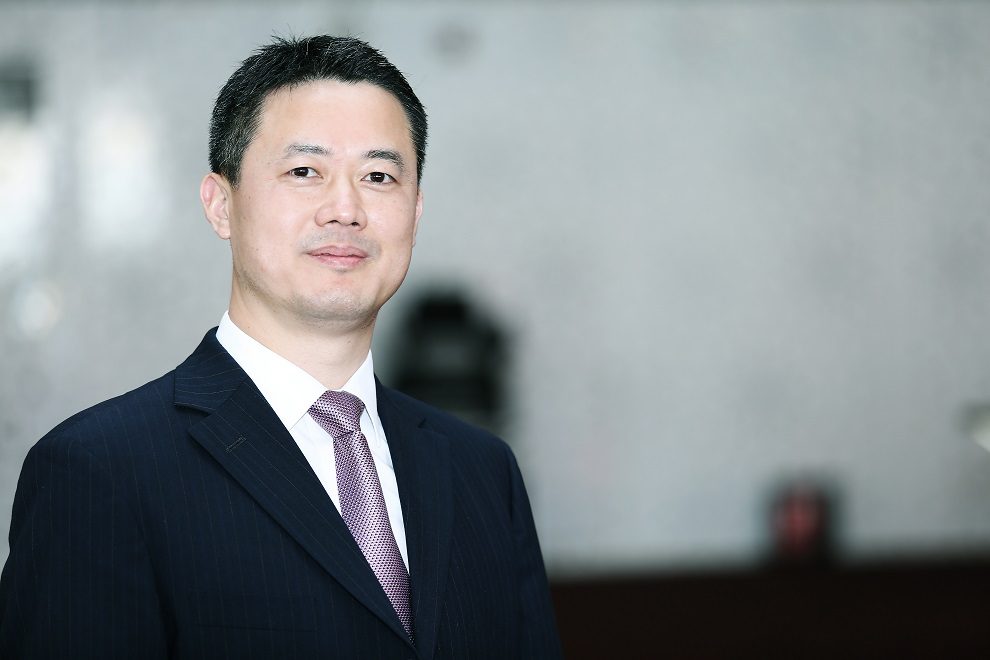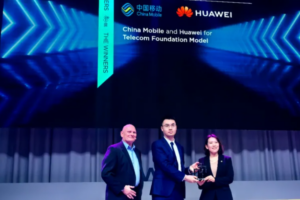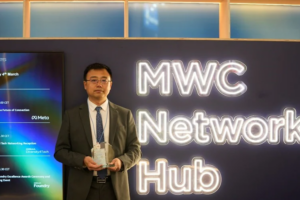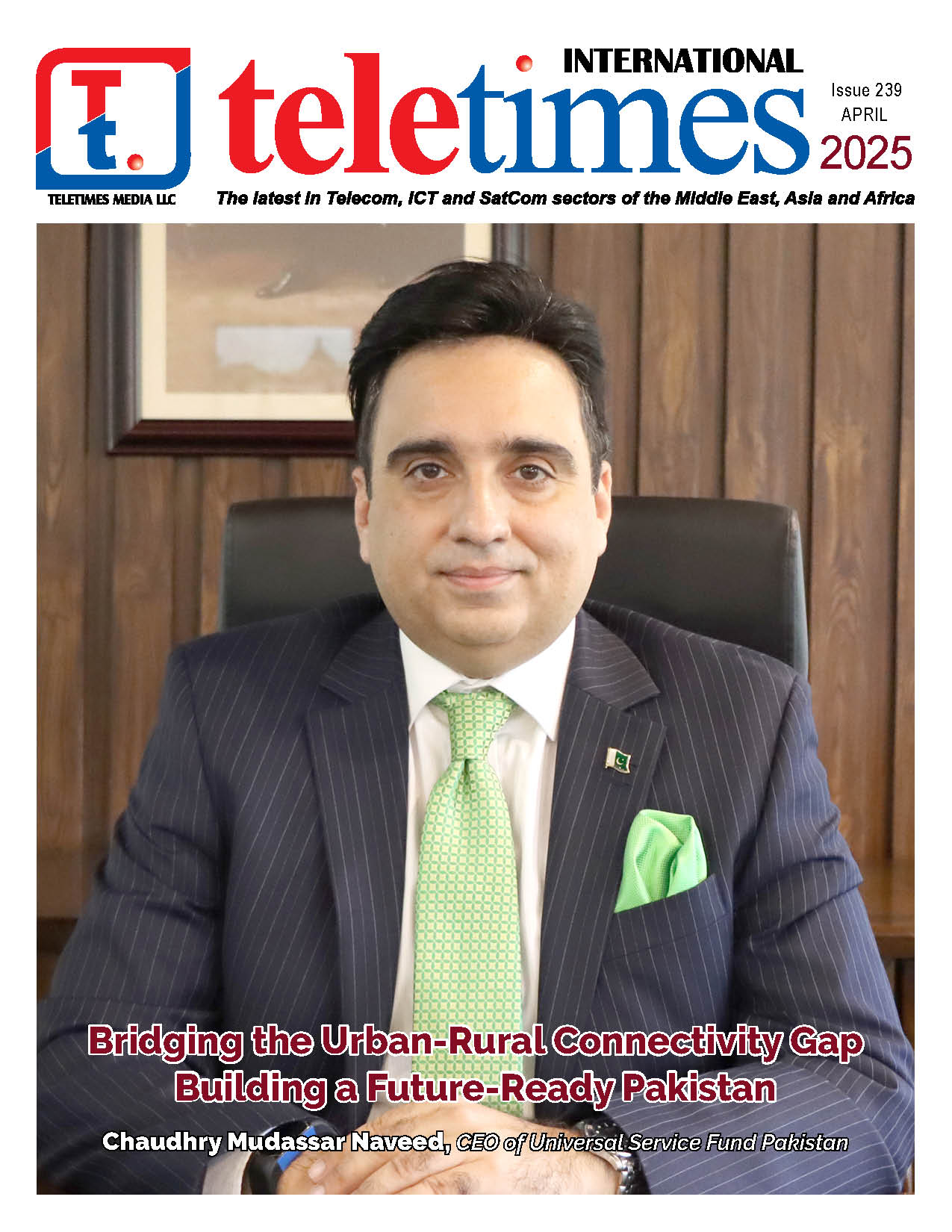Every day we see the further emergence of the Middle East’s digital economy. The information and communications technology (ICT) sector in the region has grown by leaps and bounds, with many nations now progressing strongly towards establishing more connected, digitally-enabled, smart cities as part of their national transformation agendas.
Today, ICT leaders have a critical role to play in the evolution of digital economies working alongside governments, NGOs, and local communities to harness technologies like 5G to spur industrial innovation and investment. This is now referred to as the ‘5G+X’ era. As the deployment of 5G ramps up across the region, the adoption of AI and cloud-enabled applications—when powered by 5G—can drive a wide range of industries forward and create countless opportunities.
This priority is all the more important today as the world continues to contain the COVID-19 pandemic, and countries begin to reopen and revive local industry. The reality is that everyone from telecom carriers to organizations in oil and gas, transportation, healthcare, and others are all being affected by COVID-19. Their longevity requires new tools for success. Many of those are founded on digital platforms that not only enable work to be done as people are physically separated, but which enable faster, more intelligent decision making.
This is the central theme of the SAMENA Leaders’ Summit. The event welcomes decision-makers within the region’s ICT sector and will help determine next steps in supporting digitalization in all areas.
The digital economy—as a concept—is actually broader than its name suggests. It is a borderless economy and refers to a broad range of economic activities underpinned by data and knowledge as key factors of production. In this reality, modern information networks are a vital activity space for economic development. The effective use of ICT is thus an important driver of productivity, growth, and economic structural optimization. Experts such as IDC have acknowledged this in recent forecasts which estimate that global spending on the digital transformation (DX) of business practices, products, and organizations will continue at a solid pace despite the challenges presented by the COVID-19 pandemic, growing 10.4% in 2020 to $1.3 trillion.
Moreover, there are myriad benefits to all verticals in a digital economy. Today’s technologies have the capacity to enhance and drive both the productivity and efficiency of traditional industries, resulting in stronger outputs that contribute towards national development. They also enable new industries to thrive, such as online entertainment portals like Netflix or similar content streaming sites, e-retailers, app-based services such as Careem and Deliveroo, and so much more. Again, these digital-first businesses have become all the more important to us during a period impacted by COVID-19.
This monumental change showcases the in-depth integration of the ICT industry and traditional industries. In fact, there are ever more blurred boundaries between the two, as well as a growing realization in the Middle East and beyond that digital is not just a ‘nice to have’, but an essential component to ensuring traditional industrial players can remain viable.
In terms of developing a digital economy within the Middle East, there are many countries that are well on their way towards digital empowerment. Governments are spearheading the transformational process, with the understanding that unleashing the potential of the digital economy will contribute significantly towards their ambitions to shift away from economies based on petrochemicals towards more diversified industries.
As a result, more countries in the region are advancing digital infrastructure, especially in terms of 5G. This will be a major factor in industrial digitalization. 5G will unlock benefits that simply cannot be realized on legacy networks – particularly in terms of data.
Data will soon be at the core of the region’s digital economy. According to the latest Huawei Global Industry Vision (GIV) report, there will be an increase in global volume of data from 32.5 zettabytes in 2018 to a massive 180 zettabytes in 2025. This growth will be enabled by 5G, which accelerates production and mobility. It also enables the Internet of Things (IoT), and provides more opportunities for people to connect with the world around them, therefore generating more data at every possible point of connection. From digital pipelines to smart toll gates, telemedicine, and virtual classrooms – every connected device, transaction, or interaction will result in generated data.
Naturally, this raises concerns about data collection, privacy, and security, especially considering that the number of connected devices will grow exponentially in the digital economy. The truth is that 5G offers levels of user security that go beyond what even 4G could offer. Huawei has invested heavily in 5G research and development – investments of $4 billion in 5G research specifically between 2009 – 2019. This has led to breakthroughs in security and privacy measures, which create a significantly more secure environment for all 5G users. These technological advancements will contribute to the growth of the digital economy by giving users increased confidence in the online world around them, and therefore more encouragement to invest further in living a more connected life.
As the SAMENA Telecommunications Council’s Telecom Leaders’ Summit convenes, representatives from the public and private sectors from the Middle East, South Asia, North Africa, Asia, Europe, and beyond are coming together to discuss how best to implement this robust, scalable telecommunications infrastructure that will enable the digital economy to grow sustainably throughout the region. The event is again attended by top-level executives of leading telecommunications service providers, heads of regulatory authorities, ministers, and the professionals who drive digital development both regionally and globally.
The SAMENA Telecom Leaders’ Summit is also the ideal platform to spark dialogue between all players within the ICT field. It supports the development of an ecosystem that will enable us to bring digital to every person, home and organization for a fully connected, intelligent world. In other words, this collaboration helps to usher us well and truly into a revival of the digital economy.
Developing this shared ICT ecosystem is a pivotal component to the vitality of digital economies. We must continue to encourage greater collaboration between everyone involved, creating opportunities to exchange commercial, policy, and regulatory-related perspectives and views, as well as enabling knowledge exchange opportunities. Even before the COVID-19 pandemic, too often we saw that people worked in silos with regards to technology development. This is something that must change in order for us to reap the plethora of opportunities that will be presented by a digitally-empowered, 5G-enabled economy.
A strong ICT ecosystem will, however, require more than just the leaders of today directing and fostering its development. While today’s leaders set the pace of transition, it is essential that we consider who will continue to build the region’s digital legacy. The digital economy must be inherited by a new generation of leaders who are not only capable of continuing the work that has already begun, but who can expand upon it—setting new boundaries through a constant commitment to innovation and discovery. Innovation and discovery are quintessential human qualities that represent our unending desire to explore, and have led us to achieve beyond society’s wildest imagination merely a decade ago. Imagine where we will go in 10, 30, 100 years from now, when we focus on developing digitally-minded talent who are hungry to pursue the limitless potential of technology.
Developing talent is a core focus of Huawei and one we intend to discuss at length during the SAMENA Leaders’ Summit. We recognize the need to build a new generation of ICT talent who can contribute to the growth of the Middle East’s digital economy. This is what will, ultimately, enable economic growth and societal development in the region, and it is something that we consider to be as important as developing technology itself.
The continued evolution of industrial applications in the 5G+X era, contributing to the wider ICT ecosystem, and fostering local talent throughout the region are just some of the issues we are progressing at this year’s SAMENA Leader’s Summit. Huawei welcomes dialogue and is keen to participate in such opportunities with our peers from throughout the industry. In the end, collaboration is the best foundation for building a stronger, digitally-driven tomorrow.








